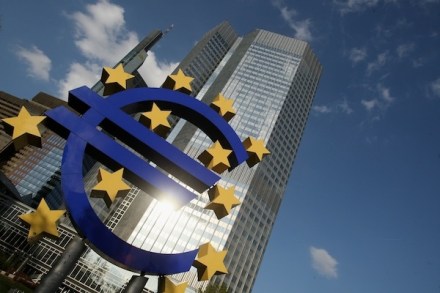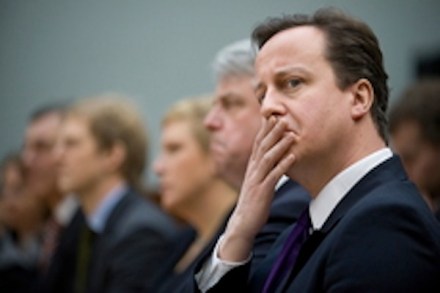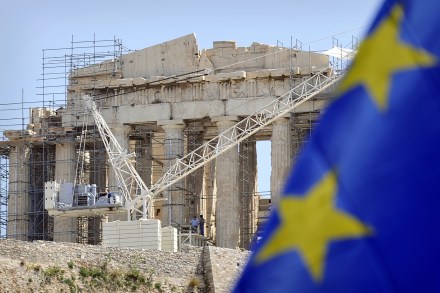People’s Pledge pulls voters in to support EU referendum
Holding a vote on the European Union in the middle of the summer holidays and while the Olympics are in full swing seemed to rather stack the odds against the People’s Pledge campaign. But when the results of the two votes in Hazel Grove and Cheadle came through this evening, the turnout in these two marginal constituencies was just as stunning as the outcome itself. Both constituencies saw a 35 per cent turnout, with 88.5 per cent of Hazel Grove residents voting in favour of a referendum on Britain’s membership of the European Union, and 86.6 per cent supporting a plebiscite in Cheadle. That’s a bigger turnout than we saw




















